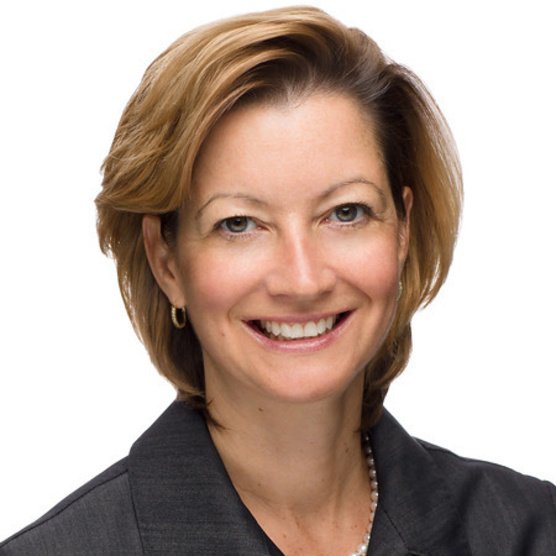Heidi Crebo-Rediker is an adjunct senior fellow in the Center for Geoeconomic Studies at the Council on Foreign Relations, specializing in international political economy, U.S. economic competitiveness, economic security, and international finance. She directs the Roundtable Series on Global Political Economy.
Crebo-Rediker served in the Obama Administration as the State Department’s first Chief Economist. She provided strategic advice to two Secretaries of State on the integration of economics and finance with geopolitics to help craft and launch “Economic Statecraft” in the Administration, including the design and implementation of economic and financial policy tools. Her remit encompassed a wide range of foreign policy issues, both crisis-related and longer-term challenges and opportunities with economic drivers.
Previously, Crebo-Rediker was chief of international finance and economics for the Senate Committee on Foreign Relations, following nearly two decades in Europe as a senior investment banker. In the Senate, she advised on a range of international and domestic economic and financial issues, in particular, related to the global financial crisis, the eurozone crisis and sovereign debt, the International Monetary Fund, multilateral development banks, and infrastructure investment.
Over her investment banking career, she managed businesses including sovereign, supranational, and public-sector banking, European debt capital markets, and EMEA emerging markets debt capital markets. She managed public and private financing for governments, multilateral development banks, companies and banks, and related advisory work. She began her career in energy merchant banking after working for one of the first U.S.-Russian Joint Ventures, based on Sakhalin Island (Russian Far East).
She is a member of the Council on Foreign Relations and the Trilateral Commission and previously served as a member of the World Economic Forum (WEF)’s Global Agenda Council on the United States. Her views are carried in many forums, including Bloomberg, CNN, CNBC, MSNBC's Morning Joe, WSJ, BBC, NPR, Foreign Affairs, Foreign Policy and elsewhere.
Crebo-Rediker was named one of the Wall Street Journal Europe's Top 25 Women in Business. She holds a BA from Dartmouth College and an MSc from the London School of Economics and Political Science.
 Online Store
Online Store
